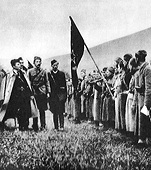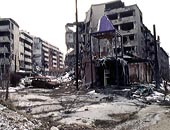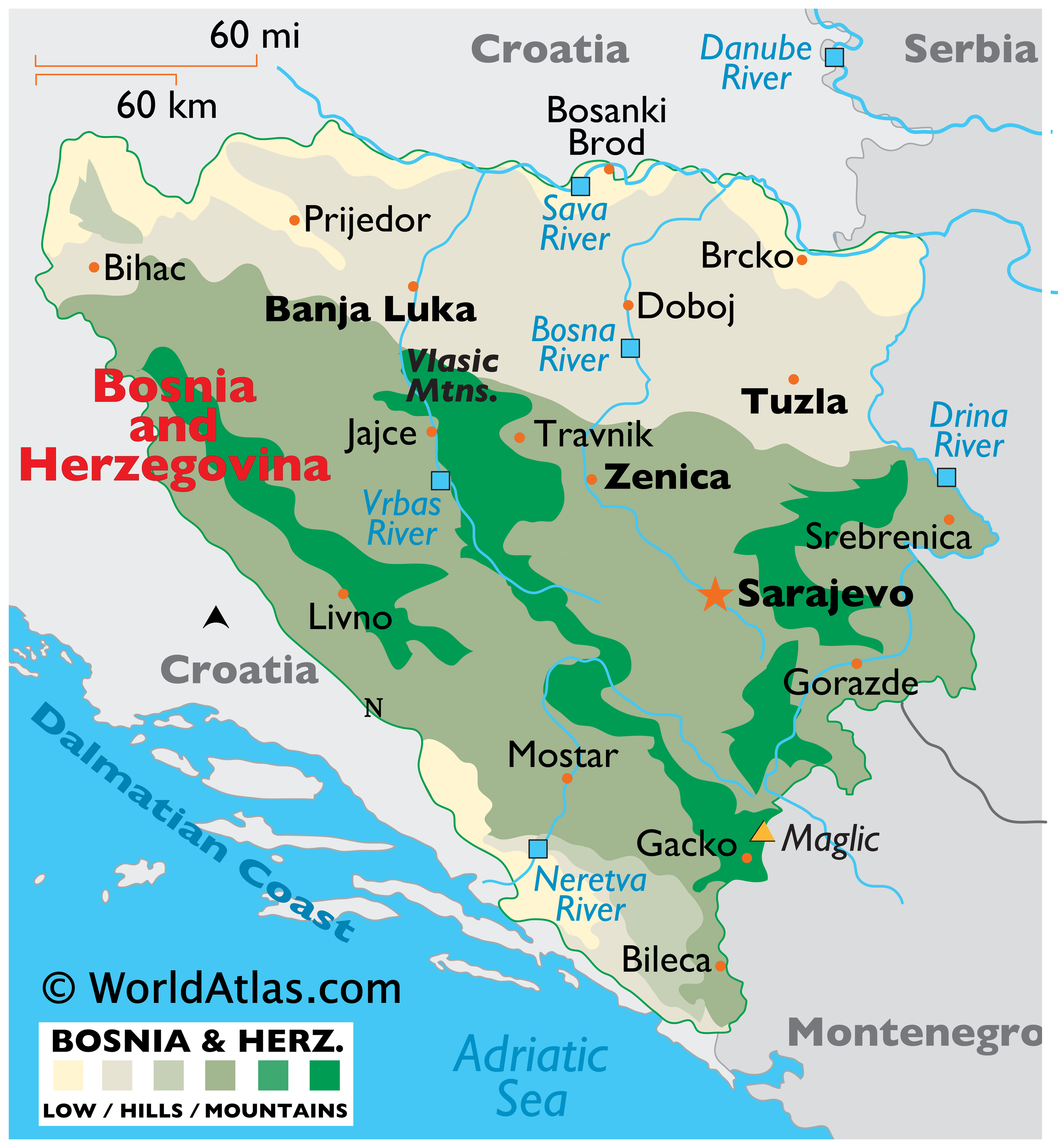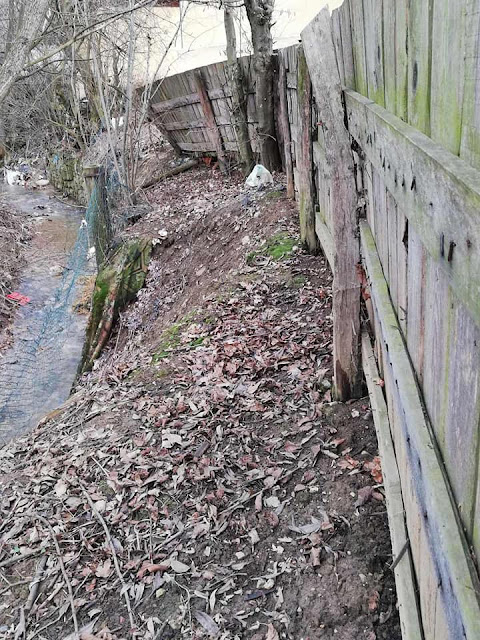RESCUES NEED HELP #1
Bosnia and Herzegovina
The region of
Bosnia and Herzegovina was first inhabited during the Neolithic era, and later by the Illyrians during the Bronze Age.

During the 3rd century BC conflict arose between the Illyrians and
Romans, and by 9 AD the Romans had completely annexed the region.
Following the split of the
Roman Empire in the late 300's, the Ostrogoths took over, only to hand over the region to the Alans and Huns in the preceding years.
During the Early
Middle Ages, Emperor
Justinian conquered the area, and claimed it for the Byzantine Empire.
And unfortunately for Bosnia and Herzegovina, this
continuous exchanging of hands didn't
stop there, the Avars and Slavs quickly invaded them.
However, the most significant conquest came from the Ottoman Empire in 1463.
With the Ottoman's came monumental changes within the country's
political and cultural landscape, and although the Bosnian kingdom had
been otherwise destroyed, the Ottoman's allowed the country to preserve
its identity.
Furthermore, as the
Ottoman Empire continued to expand through Central
Europe,
Bosnia enjoyed an extended period of prosperity. The cities of Sarajevo
and Mostar were established, and thrived as regional centers for trade
and urban culture.
Late into the 17th century, the misfortunes of the Ottoman Empire
caught up with Bosnia, and by 1878 the country was incorporated into the
Austria-
Hungary Empire through the Treaty of Berlin.
Political tensions increased over the next thirty years, as the region of Bosnia and
Herzegovina pushed for independence.

Then, on June 28, 1914, tragedy struck as the heir to the
Austro-
Hungarian throne, Archduke
Franz Ferdinand, was assassinated in
Sarajevo by a
Serb nationalist youth; an event that set World War I into motion.
Although it was the epicenter of the assassination, Bosnia and
Herzegovina came through World War I, for the most part, unharmed.
After the wars end, Bosnia and Herzegovina, along with the Kingdom of
Serbs,
Croats and
Slovenes formed the Kingdom of Yugoslavia.
From 1918 through 1941, social and economic unrest prevailed, and on
April 6, 1941, amidst World War II, the Kingdom of Yugoslavia was
invaded by
Germany
he region of Bosnia and Herzegovina was incorporated into the Independent State of
Croatia, and under the Nazi rule, rampant persecutions occurred.

At the end of World War II, the
Federal People's Republic of Yugoslavia was established, and Bosnia and Herzegovina became one of six integrated into the new state.
As a whole, Bosnia and Herzegovina's presence within the reformed Yugoslavia was peaceful and prosperous.
They thrived culturally and socially alongside the Yugoslavian
doctrine of "brotherhood and unity," and their use of natural resources
greatly stimulated industrial development.
However, by the late 1980's the Soviet Union began to crumble, and with it began the break-up of Yugoslavia.
For
Bosnia
and Herzegovina, this fueled the desire for independence, and in
February of 1992 the country held a referendum (boycotted by the
Serbs) declaring their own state with Sarajevo as the capital.
On March 3, 1992 Bosnia and Herzegovina received their long-sought independence.
It didn't take long for conflict to arise within the new country, as
Serb paramilitary forces invaded Bosniak villages around Capljina on March 7, 1992.
As the Bosnian War raged through the next year, a majority of the country fell under
Serbian control.
This unwanted transition proved brutal for Bosnians, as
Serbia moved forward with ethnic
cleansing and civil rights violations against non-
Serbs.

It wasn't until December of 1995, with the signing of the Dayton Agreement, that an end finally came to that bloody warfare.
Unfortunately, for all involved, it was three years too late, as
nearly 250,000 people were killed, and over 2 million displaced.
Since then Bosnia and
Herzegovina has moved forward into the 21st century, and in recent years it's been one of the leaders in eastern European tourism growth.
With its vibrant mountain backdrops and major rivers suitable for
rafting and kayaking, Bosnia and Herzegovina is easily becoming one of
the go-to spots for those with a desire for
outdoor adventure.
Not to be missed, of course, is the capital city of
Sarajevo, with its timeless history, outdoor cafes, religious icons and
world class shopping
********
the
rest funds for materials and works needs to be raised asap so we can
start work on repairs as soon as weather is better.
see: https://hey-you-info.blogspot.com/2019/02/help-needed-eurgently.html this will explain the repair needs...
about her pension:






















